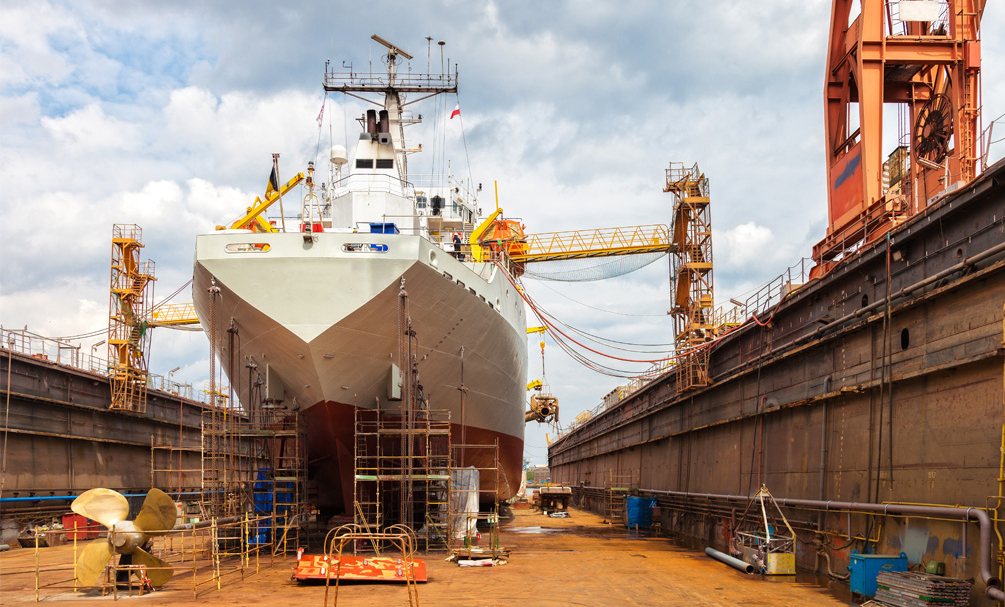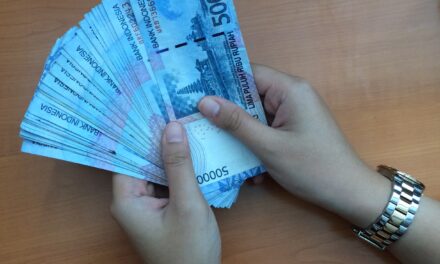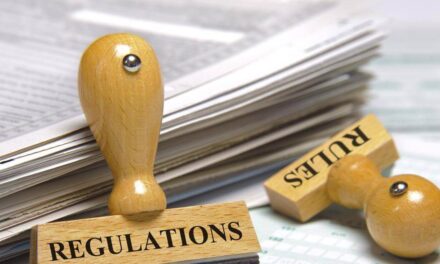Background
On the 26 of February 2019, the Government of Republic of Indonesia enacted the Government Regulation No. 9 of 2019 on Examination of Ship Accidents. This regulation revokes the Government Regulation No. 1 of 1998 on Examination of Ship Accidents as last amended by the Government Regulation No. 8 of 2004.
Mechanism of Ship Accident Examination
Basically, examination of ship accidents is a series of investigation activities carried out by government officials who are authorized to find out the causes and supporting factors for ship accidents. Ship accidents include (a) sinking ships, (b) burning ships, (c) collision vessels and (d) shipwrecks. The ship accidents are the responsibility of the captain unless otherwise proven. The ship accident examination is carried out on Indonesian-flagged vessels or foreign-flagged vessels that occur within Indonesian waters, and Indonesian-flagged vessels that have accidents outside Indonesian waters. The examination of the ship accident consists of a preliminary examination and a follow-up examination.
Preliminary examination is carried out by certain parties in accordance with the situation and conditions of the ship accident, namely:
- if it occurs in the waters of Indonesia, it is carried out by the porter or government official appointed by the Minister of Transportation;
- if it occurs outside Indonesian waters, it shall be carried out by the appointed porter or government official after receiving a ship accident report from the representative of the government of the Republic of Indonesia and/or from an authorized local government official;
- if it involves a state ship or warship (both in the territory and outside Indonesian waters), it is carried out by the agency responsible for the vessel;
- if a ship accident is a collision between a commercial ship and a state ship or warship, then it is carried out by the porter or government official appointed by the Minister of Transportation and in coordination with the agency responsible for the ship or warship.
The captain who is aware of a ship accident, both his ship and other vessels, is required to:
- take countermeasures;
- request and/or provide help;
- disseminating news about the accident to other parties;
- submit a report.
Submission of reports is done in an unwritten and written report. An unwritten report is carried out at the first opportunity after knowing the ship accident through telecommunications equipment. The report is addressed to the porter at the nearest port if a ship accident occurs within Indonesian waters and is addressed to the nearest Indonesian government representative officials as well as local government officials who are authorized if it occurs outside Indonesian waters.
The written report is carried out within a period of maximum 3×24 hours from the arrival at the port. The written report will be submitted to the Minister of Transportation and will be submitted to the representatives of the relevant countries when it comes to foreign-flagged vessels.
Preliminary examination must be carried out within a period of maximum 7 days from receipt of a written report from the captain. In carrying out preliminary examinations, the porter or government official appointed by the Minister of Transportation can request information from related parties such as the crew, ship owners/operators, captain, and other related parties. If a ship accident in Indonesian waters involves a foreign-flagged vessel and the ship flees out of Indonesian waters, then a preliminary examination is carried out by requesting the assistance of the relevant country and assigning a porter or government official appointed by the Minister of Transportation to examine the relevant country.
The results of the preliminary examination are set forth in the minutes of the preliminary examination of the ship accident and signed by the examinee and the examiner. Then verification is carried out by the porter or government officials appointed by the Minister of Transportation within a maximum of 3 working days from the completion of the examination. Furthermore, within a maximum of 7 working days from the minutes of the preliminary examination, the results of the examination are reported to the Minister of Transportation and other parties, namely:
- The Shipping Court, in the event that initial information or evidence is found concerning alleged wrongdoing and/or negligence in applying the professional standards of the sea which is carried out by the captain and/or officer of the ship for the occurrence of a ship accident;
- Investigators of civil servants, in the event that information or initial evidence is found regarding alleged shipping crimes as a factor causing ship accidents; and/or
- Police investigator of the State of the Republic of Indonesia, in the event that information is found or preliminary evidence of alleged general criminal acts as a factor causing the ship accident.
As a form of follow-up from the preliminary examination a follow-up examination will be carried out by the Shipping Court which is open to the public. Within a period of maximum 7 working days from the receipt of the relevant documents in full, the head of the Shipping Court will form a panel of experts whose membership numbers must be odd and at least 5 people. Then within a period of maximum 20 working days from the time it was formed by the chairman of the Shipping Court, the panel of experts must carry out its first session at the seat of the Shipping Court or outside the seat of the Shipping Court. In the hearing the expert panel team conducts an examination based on fact data in the preliminary examination document and evidence or other document that the truth can be legally accounted for. The evidence includes:
- letter or writing;
- unexpected information;
- witness statements;
- expert information;
- statement of the parties;
- instructions or pictures; and/or
- information that is said, sent, received, or stored with optical devices or similar.
The trial process will end with the decision of the Shipping Court based on evidence, international law and provisions of legislation in the field of shipping. The decision is written in written form and signed by the expert panel team leader, member of the expert panel team and expert panel team secretary. In the decision of the Shipping Court provides a recommendation to the Minister of Transportation regarding the imposition of administrative sanctions on the captain and/or ship officer. In addition, the Shipping Court can also convey to the Minister of Transportation related:
- recommendations regarding imposition of sanctions on owners or operators who do not carry out obligations; and/or
- a written report if based on preliminary evidence is alleged to have violated the provisions of the laws and regulations by government officials or other parties that are directly or indirectly related to the cause of the Ship Accident.
The Minister of Transportation after receiving a recommendation from the Shipping Court will determine the imposition of final administrative sanctions. With certain considerations, the Minister of Transportation may impose administrative sanctions other than administrative sanctions recommended by the Shipping Court.
Administrative Sanctions
The captain and/or ship officer who is proven to have made a wrongdoing or negligence in applying the professional standards of the sea are subject to administrative sanctions in the form of:
- warning, as long as it does not result in loss of life or loss of property; or
- temporary revocation of seafarers’ expertise certificates,
- for periods ranging from 1 month to 6 months against ship accidents resulting in fatalities but no loss of property or loss of life but loss of property;
- for a period of between 7 months and 12 months for ship accidents resulting in loss of life and loss of property; or
- for periods ranging from 13 months to 24 months against ship accidents resulting in fatalities, sinking ships, and other factors.
The Shipping Court
The Shipping Court is formed by and is responsible to the Minister of Transportation. In carrying out its functions and duties, the Shipping Court is led by a chairperson who is appointed and dismissed by the Minister of Transportation and assisted by the shipping court secretariat. The Shipping Court has the function to carry out further examination on ship accidents and enforce the professional code of ethics and competence of the captain and/or officer of the ship after a preliminary examination of the ship accident. In carrying out further examinations, the Shipping Court is represented by an expert panel team
The expert panel members maximum consists of 20 people and can come from civil servants and non-civil servants.
Nazila Nurfina Sari Lubis






